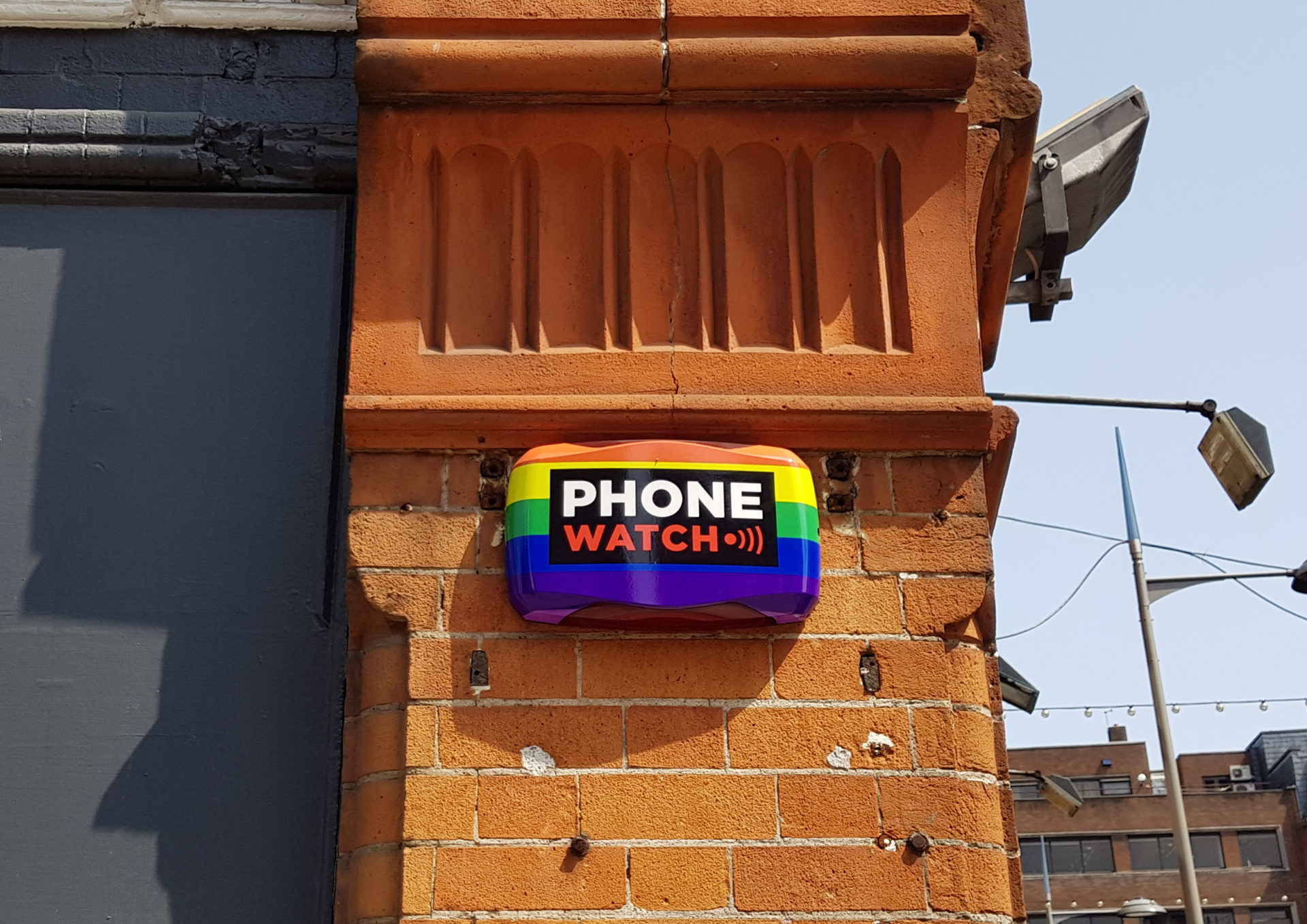Six adverts have been found in breach of the the Advertising Standards Authority code.
The ASAI upheld three of the six cases in full and three of the six cases in part in its latest complaints bulletin.
A 'misleading' complaint was upheld against An Post for a webpage which outlined costs and delivery time frames for postage to the Netherlands.
The complainant considered the advertising to be misleading as they had posted 100 letters to the Netherlands via the first postal option which advertised a delivery timeframe of two to three days.
They stated that that 20 days later, they had not yet been delivered.
The complainant said they were advised by An Post that the delivery times on the website were 'only an indication of the postage timeframe'.
The advertisers said their delivery times for standard post were estimates only and not guaranteed.
They also advised that all foreign administrations provided a guideline for delivery and that their delivery times reflected international service.
The ASAI Complaints Committee found that "the overall impression" created by the advertising was that post would be delivered within the advertised time frame.
"In the absence of any readily available declaration that the advertised time frame was included as a guide only, the Committee considered the advertisement was likely to mislead," it said.
 A Free Now mobile app logo on a phone screen. 16-5-20. Image: Postmodern Studio / Alamy
A Free Now mobile app logo on a phone screen. 16-5-20. Image: Postmodern Studio / AlamyAn advertisement by taxi app Free Now was also found to be in breach of the advertising code.
The advert, which appeared on the outside of buses and Instagram, said people could earn up to €1,300 per week as a taxi driver using the app.
The ASAI said more than 30 complaints were made, mostly from taxi drivers, who claimed the figure mentioned "was not achievable and gave a false impression that those working in the taxi industry were earning more than they were".
They also said it "would not be possible" to earn this amount of money per week without working additional hours.
Complanents also said the amount referenced was misleading "because it wasn't stated whether the amount referenced was net or gross" and also did not include additional costs like fuel or licence fees.
That first issue was upheld in full, and the second issue was upheld in part.
 A Phonewatch alarm box in Dublin, 28-6-19. Image: RollingNews.ie
A Phonewatch alarm box in Dublin, 28-6-19. Image: RollingNews.ieA radio advert for Phonewatch was also partially upheld over a claim that installing an alarm "makes your home four times less likely to be burgled".
The ASAI Complaints Committee said the claim was unqualified "implying that the safety level was the same without any distinction between geographic location, such as city, urban or rural and associated burglary incidence levels and risks".
ASAI CEO Orla Twomey said the range of material examined shows how important it is that the public has confidence in adverts.
"Ad complaints are assessed against the comprehensive Code of Standards for Advertising and Marketing Communications, and where appropriate, investigated," she said.
"A portion of complaints are brought to the Independent Complaints Committee to decide whether a breach of the Code has occurred.
"High levels of compliance with these decisions, together with ASAI requests for ad amendments, demonstrates the industry’s commitment to high standards and responsible advertising," she added.
The Complaints Committee is an independent arm of the ASAI, responsible for considering and adjudicating on complaints submitted by the public.









